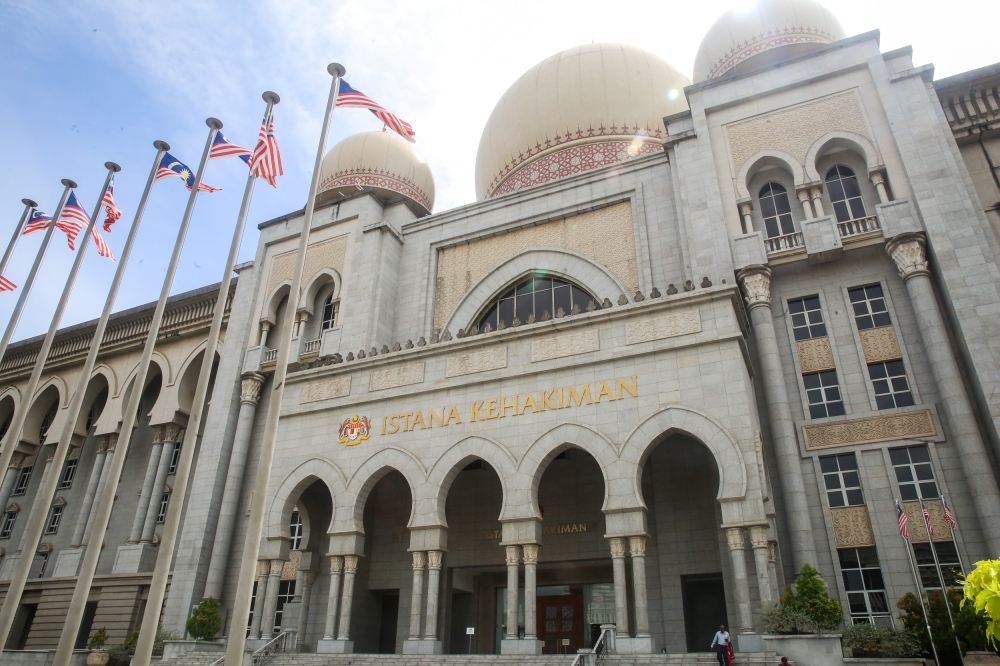PM Anwar commits to reforming JAC Act amidst legal challenge on judicial appointments

KUALA LUMPUR, April 9 — Prime Minister Datuk Seri Anwar Ibrahim today pledged a comprehensive review of the Judicial Appointments Commission framework, despite promising to “vigorously” defend the constitutionality of the JAC Act that is being legally challenged.
He said the commitment signals a dual approach by the Madani government: acknowledging concerns surrounding the judicial appointments process while simultaneously upholding the current law in court.
In a press statement issued today, Anwar acknowledged the legal challenge, stating the government fully respects the right of any individual to seek judicial clarification on constitutional matters, calling it a “cornerstone of our legal system.”
He further provided “the full assurance that there shall be no interference whatsoever in the judicial process” as the case proceeds through the courts.
The PM noted that the JAC Act, enacted in 2009, was originally designed “to promote greater transparency and meritocracy in the appointment of judges while preserving the role of the Yang di-Pertuan Agong and the prerogatives of the Malay Rulers.”
“That said, we recognise that no law is above scrutiny, and we are aware of legitimate concerns that have been raised over the years about the JAC’s structure, its composition, and the extent of its influence over judicial appointments.
“These concerns warrant serious and thoughtful consideration — not only from a legal standpoint, but also from an institutional and constitutional perspective,” he said.
Earlier today, The Edge reported that lawyer Datuk Syed Amir Syakib Arsalan Syed Ibrahim has filed a lawsuit with the High Court of Malaya, seeking a declaration that the Act underpinning the commission is unconstitutional and violates the doctrine of separation of powers.
These concerns, central to Syed Amir’s lawsuit, argue that the JAC Act interferes with the constitutional process outlined in Article 122B and compromises judicial independence by potentially allowing executive influence, particularly through appointments made by the prime minister to the commission itself.
Consequently, alongside defending the Act, Anwar said the government is committed to “undertaking a comprehensive review of the JAC framework,” signalling openness to potential reforms.
This review process will involve wide consultations “including with the judiciary, the Bar, civil society, and the Conference of Rulers,” aiming to determine how the system can be improved “to better reflect the constitutional balance, enhance public trust, and protect the independence and integrity of our judiciary.”
The PM stressed that any potential reforms must adhere to fundamental principles, ensuring they “preserve our constitutional monarchy, respect the separation of powers, and uphold the rule of law in a manner that serves the long-term stability and democratic health of our nation.”
Syed Amir’s legal challenge seeks not only a declaration on the Act’s validity but also an interim stay on all judicial appointments made under it pending the court’s decision.
The move that could affect the appointment process significantly given the 521 appointments, including top judicial posts, made via the JAC since 2009.

